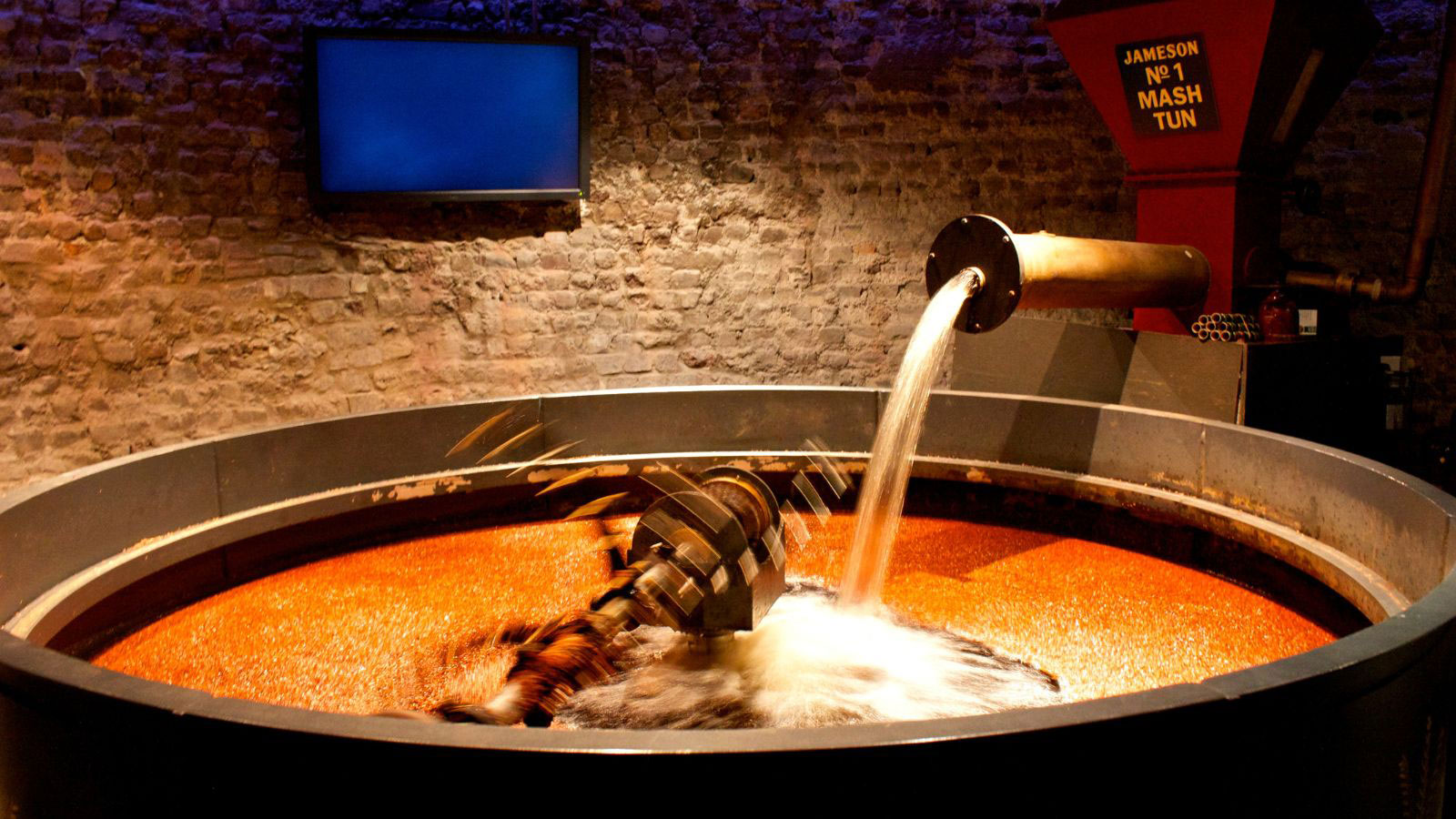Scotland exports about 1.3 billion bottles of whisky each year. And for every bottle that leaves the country, a lot of leftover barley and yeasty liquid known as pot ale remains.
“Only 10% of what you put in the front end of the distillery actually ends up as whisky maturing in a barrel afterwards,” says Martin Tangney, president and founder of Celtic Renewables. “So these other two dominant residues – the barley and the pot ale – need to be disposed of.”
But Tangney does not think of those industry byproducts as garbage.
“One man’s waste is another man’s gold,” he says.
Celtic Renewables uses a fermentation process to convert the byproducts of whisky production into animal feed and several biochemical products — including butanol that can be used to fuel cars.
“You don’t need to modify engines, you can blend it at any concentration you like,” Tangney says. “So it really is a potentially here-and-now replacement for fossil fuels.”
Tangney’s company is building a production plant in Scotland that will process material from local distilleries. So it will reduce waste from the whisky industry while providing an alternative to fossil fuels … and it will give whisky lovers another reason to raise a glass.
Reporting credit: Sarah Kennedy/ChavoBart Digital Media
Source link


